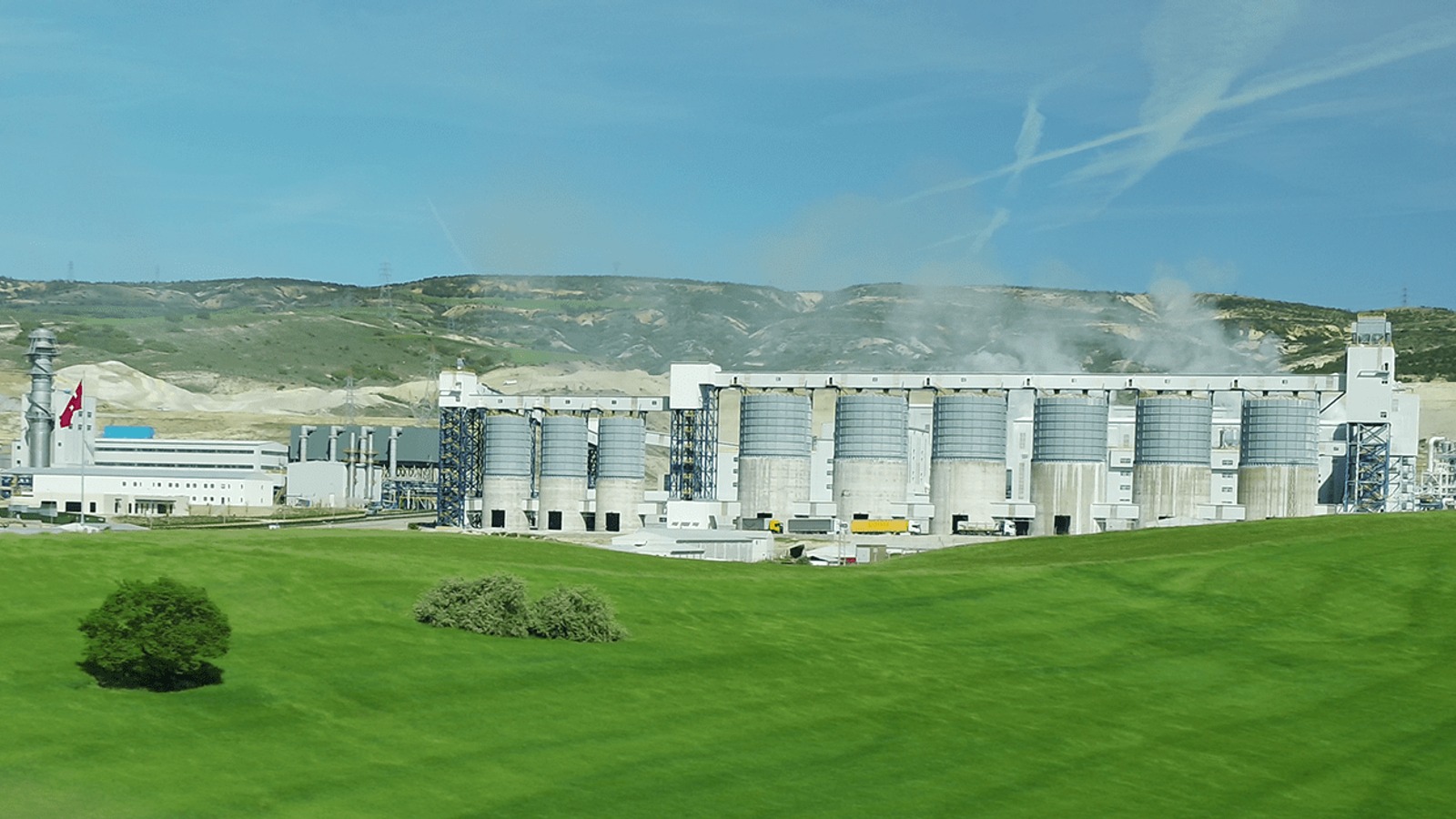It seemed just the tonic for the London stock market.
The City has been engaging in a period of introspection as it tries to fathom why a number of top companies have deserted London for New York.
It has also prompted the government to propose changing the UK’s listing rules to make London a more attractive destination for companies to list.
So news that a Turkish entrepreneur had chosen the London Stock Exchange as the appropriate destination to float his resources company was, unsurprisingly, heralded as a great boost.
WE Soda, the world’s biggest manufacturer of soda ash – an essential ingredient in glass production and also used in the manufacture of detergents and in chemical and industrial processes – would have been valued at around $7.5bn (£5.9bn), making it the biggest UK flotation of the year and potentially putting the company into the FTSE 100.
Unfortunately, just a week after the IPO was confirmed, the plug has been pulled.
Alasdair Warren, the chief executive of WE Soda, said that, when the company had issued an ‘intention to float’ announcement some weeks ago, the firm had been “encouraged by the breadth of investor engagement globally and the subsequent interest from prospective investors”.
Energy crisis: National Grid to keep blackout prevention scheme for coming winter
Eurozone interest rate at more than 20-year high
Workplace dress codes should be relaxed during hot weather, Health and Safety Executive says
But Mr Warren, a former head of corporate and investment banking at Deutsche Bank in London, added: “The reality is that investors, particularly in the UK, remain extremely cautious about the IPO market and this extreme investor caution in London meant that we were unable to arrive at a valuation that we believe reflects our unique financial and operating characteristics.
“As a result, we have decided to cancel our IPO on the London Stock Exchange.
“Notwithstanding this decision, our strategic priorities remain the same – our relentless focus on sustainability and safety, delivering on our growth projects in Turkey and the US.”
Cue much wailing and gnashing of teeth and commentary about what a blow this was to the London market.
Be the first to get Breaking News
Install the Sky News app for free
Now the dust has settled, though, it is clear that there was more to this decision than just investor caution – as the second part of Mr Warren’s statement suggests.
Stock market investors in London, as Mr Warren well knows from his past career in banking, have been scalded too many times in recent years by companies coming to market boasting apparently enticing prospects.
Examples from recent years include the e-commerce group THG and Dr Martens. Shares of both now languish deep below their flotation price. So do those of other high profile flotations of recent years including Moonpig and Deliveroo.
Accordingly, companies looking to come to market need to do a great deal more to convince investors to buy their shares.
And, that, ultimately, comes down to valuation.
Stock markets, in essence, involve a price discovery process in which buyers attempt to establish the price at which vendors are prepared to sell and where vendors try to establish the price at which they will find buyers.
What appears to have happened in the case of WE Soda is that the current owner of the business, the industrialist Turgay Ciner, looks to have wanted too much.
On the face of it, WE Soda had a good tale to tell. It claims to be the biggest and one of the lowest cost producers of the world’s tenth most consumed industrial ingredient, boasting impressive operating margins of 60%.
Its growth prospects were also enviable: the business was looking to more than double its total soda ash production from 5 million tonnes per year to 11 million tonnes per year by the end of the decade.
The company assumed that these metrics were sufficient to justify seeking a premium against its sector peers such as Solvay, the €11.4bn Belgian company, which is valued by the market at an enterprise value (a company’s stock market valuation taking into account its debt) of 4.6 times its expected EBITDA (earnings before interest, taxation, depreciation and amortisation).
At a stock market valuation of $7.5bn, WE Soda was looking at an enterprise value of more than 7 times its expected EBITDA this year.
That was a valuation too rich for the market’s blood and particularly at a time when soda ash prices have been pumped up by inflated demand following the reopening of economies around the world post-pandemic. There were plenty of signs of soda ash prices coming off the boil and particularly with new supplies becoming available around the world.
None of this is to decry WE Soda. It is obviously a decent business with exciting growth prospects and which – another key selling point in an environmentally-conscious investor community like London’s – could point to some solid credentials in sustainability.
But, ultimately, buyers were not prepared to pay the price that the seller – Mr Ciner – was looking for.
That’s not an indication that investors were being overly cautious or, necessarily, the blow to the London market that some have suggested.








